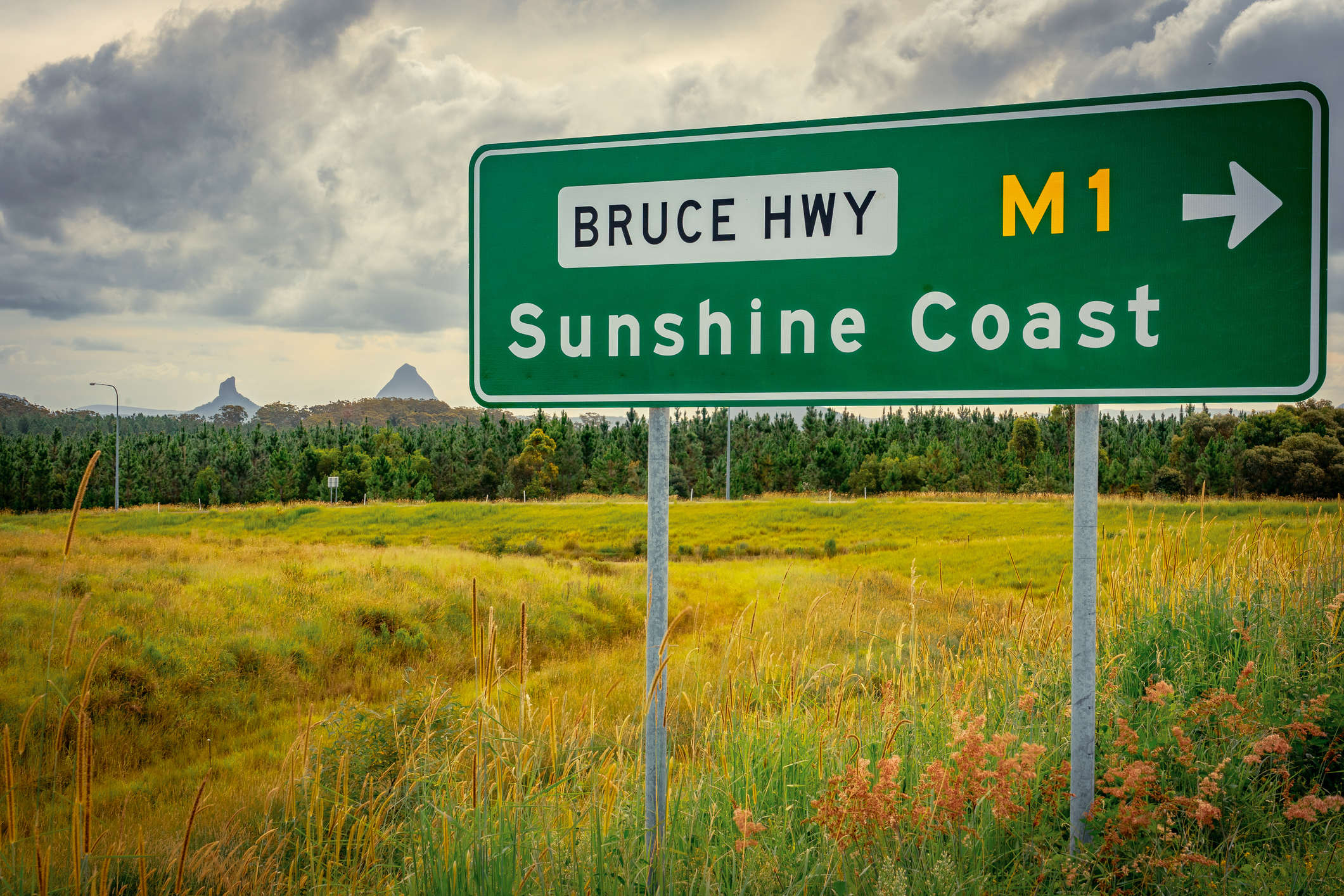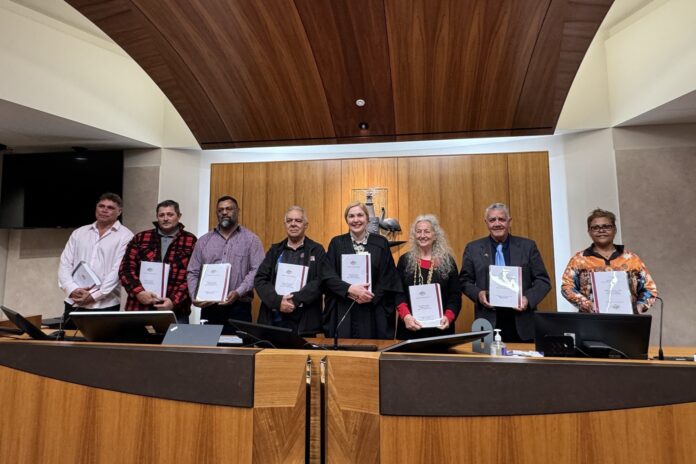It’s a bittersweet victory for traditional owners whose native title rights over more than 300,000 hectares of land on the Sunshine Coast have been recognised in the Federal Court.
The Kabi Kabi Traditional Owners’ non-exclusive rights to an area of 10,280 square kilometres were recognised in Brisbane on Monday.
The recognition spans Gympie, Noosa, the Glass House Mountains, Maroochydore, Caloundra, Bribie Island and Mudjimba Island.
The native title claim was first lodged in 2013.
Kabi Kabi man Brian Warner said while the decision was cause for celebration, there was also sadness as the long process meant some Elders who started the battle had died while waiting for an outcome.
“There’s elation, but there’s also sorrow and sadness,” he said.
“Many of the people who started this journey aren’t with us here today.”
In handing down her decision Justice Berna Collier said Kabi Kabi people “have and always have had native title rights and interests in this country”.
The determination is the first on the east coast to recognise native title in a heavily urbanised area.
It’s also the first time the right to take resources from the area has been recognised in South-East Queensland; previously the right to take resources had been limited to personal, communal and non-commercial purposes.
Kabi Kabi Elder Michael Douglas said this would mean the right to access the resources his ancestors had been using for thousands of years.
“That gives us our rights to go back and utilise, for our people to take timber … to make boomerangs or spears,” he said.

“All that stuff is in our hand and we can proudly walk away today, and we have been empowered.”
Mr Warner said the right to take resources from the land was also a way of caring for country.
“Our people have a sustainable way of life and living,” he said.
“It’s not about the over-demand or over-supply of resources, it’s about protecting those resources.”
There are three parts to the Kabi Kabi native title claim – Monday’s decision applies only to part A, with parts B and C yet to be determined.
Tim Wishart, chief executive of Queensland South Native Title Services, which assisted Kabi Kabi people with their claim, said the decision was an acknowledgment of the rights of traditional owners.
“Kabi Kabi people have a right to move about on the land, to camp on the land, to build temporary structures, to teach their kids, to take some resources, to hunt, fish,” he said.
“Rights that coexist with the rights that every other Australian has.”
Kabi Kabi woman Helena Gulash said she hoped the decision would mean a strong foundation for future generations.
“It’s been very hard for us to afford to live on our land, and it still will be, but we want to make sure for our younger generations that there’s a really bright future ahead of them,” she said.
“So they will be able to live, work, camp on country, raise their families on Kabi Kabi country.”
Kabi Kabi traditional owner Norman Bond said the court outcome meant “stability and grounding” to build the Kabi Kabi nation to where it should be”.
“It means the Kabi Kabi people can be formally recognised by all tiers of government and by the public without feeling they (Kabi Kabi people) have to justify who they are because the native title process was not complete.”
Subscribe to our FREE daily news feed. All it requires is your name and email at the bottom of this article.





